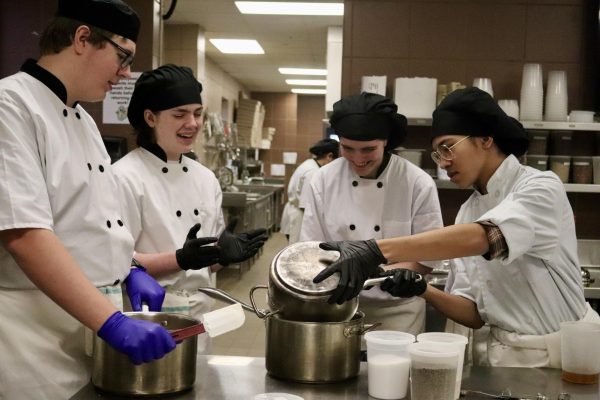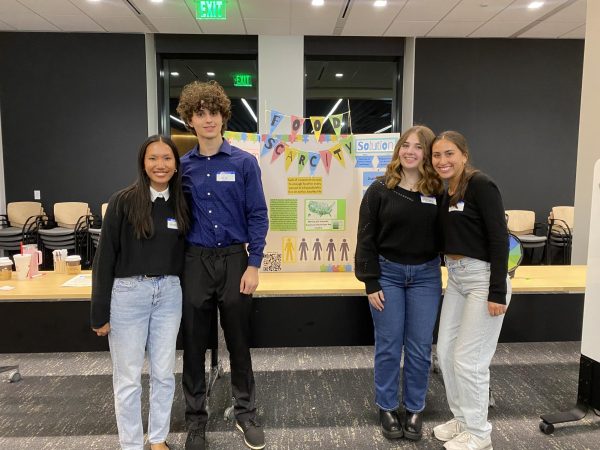All About the Vaccine
With the pandemic hanging over our heads, the emergence and creation of the vaccine appears as the light at the end of the everlasting tunnel. However, there have been many concerns and questions regarding the vaccine.
Vaccines are created after looking at how human bodies fight illness, but different types of white blood cells fight infection differently. The Centers of Disease Control and Prevention reports that instead of inserting a weak strand of COVID-19, the vaccine will “help our bodies develop immunity to the virus that causes COVID-19 without us having to get the illness.” The vaccine creates antibodies, T-lymphocytes and B-lymphocytes, that will allow the body to remember how to the get rid of the virus after administration.The vaccine is designed to speed up the buildup of these antibodies through administration, but it takes a few weeks to fully read the necessary amount of T-lymphocytes and B-lymphocytes after the administration to take full advantage of a stronger immune system.
The actual administration will be “drawn up in a designated clean medication area that is not adjacent to areas where potentially contaminated items are placed.” To ensure the prevention of contamination when injection occurs, the vaccination hubs try to keep the patient areas and equipment clean.
Currently in the US, those who receive the vaccine are classisted under Phase 1A and 1B. This includes “front-line healthcare workers and residents at long-term care facilities” and those who are or potentially are immunocompromised, otherwise known as a state where your immune system is not as strong as it should be. Phase 1B includes residents of 65 years and older, and those above the age of 16 with a chronic medical condition that has increased risk if found with the virus. Examples of acceptable medical conditions are cancer, chronic kidney disease, chronic obstructive pulmonary disease, down syndrome, heart conditions, solid organ transplantation, obesity, pregnancy, sickle cell disease, and type 2 diabetes mellitus.
Collin County is set to have six locations as vaccination hubs at: Collin County Health Care Services, Texas Health Resources, Baylor Scott & White Health,McKinney ISD football stadium, Allen ISD football stadium, and the Frisco Fire Department. These are the current locations, but possible changes upon administration might differ. Through the 6 hubs, there are over 200,000 registrations on the first day of opening. Throughout the busy ending of January, Collin County plans to add two more hubs to help with the congestion of people who are signed up for the vaccine that fit in Phase 1A and 1B. For the time being, registration for vaccines are completely virtual and online. Registration should be complete on city official websites; the Texas Department of State Health Services has released a list of correct registration sites per residence.
When registering, please make sure to be aware of the process and signup requirements. There are many people in need of the vaccine that hold higher risk than most, so please be patient with the process as the waiting list is already extremely high. Though the fast administration process is found in Collin County, there is, without a doubt, a wait for the vaccine administration.







